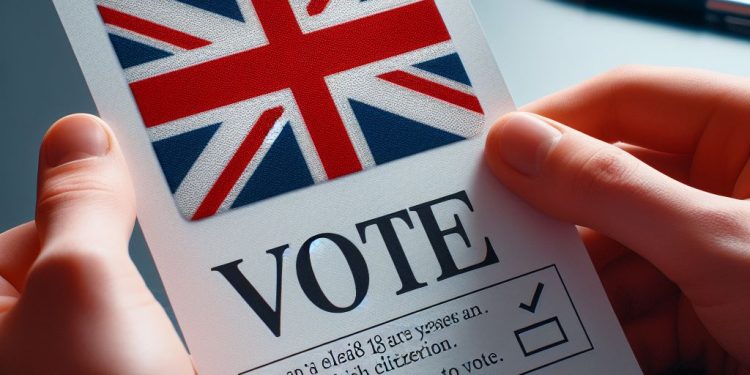In the UK, participating in elections is a fundamental right and responsibility of citizens. This involves two key steps: registering to vote and casting a vote on election day. These processes ensure that the democratic system functions smoothly and that all eligible individuals have a say in their government.
What is Voter Registration?
Voter registration is the process by which eligible citizens sign up to be included in the electoral roll. This list contains the names of people who are eligible to vote in elections.
Without being registered, one cannot participate in any local, national, or European elections. The registration process is straightforward and can be completed online, by post, or through local electoral registration offices.
How to Register to Vote
To register to vote in the UK, an individual must:
- Be Eligible: The basic eligibility criteria include being a British citizen, an Irish citizen, or a Commonwealth citizen with leave to remain in the UK, or a European Union citizen residing in the UK. Individuals must also be at least 14 or 16 years old (depending on what part of UK you live), although they can only vote once they turn 16 or 18 (also depending on where you live).
- Provide Personal Information: This typically includes name, address, date of birth, and National Insurance number. This information is used to verify identity and ensure that the individual is correctly added to the electoral roll.
- Submit the Application: Registration can be completed online through the official government website, or by filling out a paper form and sending it to the local Electoral Registration Office.
The process is simple and usually takes only a few minutes. Once registered, individuals are included in the electoral roll for their local area and can vote in upcoming elections.
The Act of Voting
Voting is the act of casting a ballot in an election to choose representatives or decide on policy issues. Voting can be done in several ways, including in-person at a polling station, by post, or by proxy (where someone else votes on behalf of the individual).
Eligibility to Vote
To be eligible to vote in UK elections, one must:
- Be Registered to Vote: Only those who have completed the voter registration process can vote.
- Meet Age Requirements: Individuals must be 18 years old on the day of the election.
- Meet Nationality Requirements: As with registration, voters must be British, Irish, Commonwealth, or EU citizens residing in the UK.
- Not be Legally Excluded: Certain individuals, such as members of the House of Lords in parliamentary elections, prisoners, and those convicted of electoral fraud, are not allowed to vote.
How to Vote
- In-Person Voting: On election day, voters go to their designated polling station, show their ID if required, and cast their vote in a private booth.
- Postal Voting: Voters who cannot or prefer not to vote in person can apply for a postal vote. They receive their ballot papers by mail, which they complete and return by the specified deadline.
- Proxy Voting: If a voter cannot vote in person, they can appoint someone else to vote on their behalf. This requires prior application and approval from the local Electoral Registration Office.
For any enquiries please, email our editorial team at [email protected]. If you liked this story, kindly sign up for Clariform Newsletter, a handpicked selection of stories that helps you clarify things that matter and gives you clear signals about your world, delivered directly to your inbox.
Please subscribe to our YouTube channel, and join thousands of Clariform on Facebook, Twitter and Instagram.












